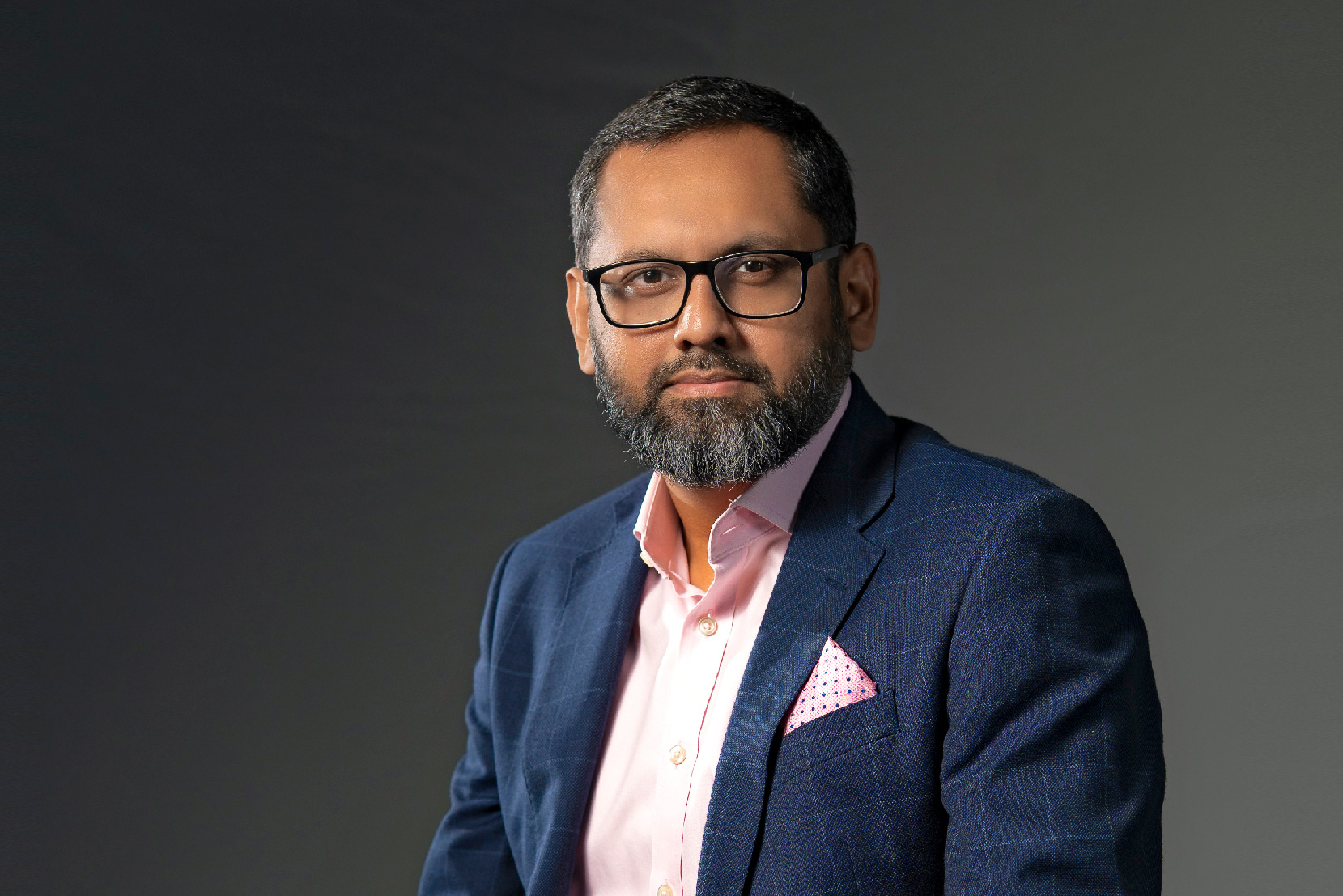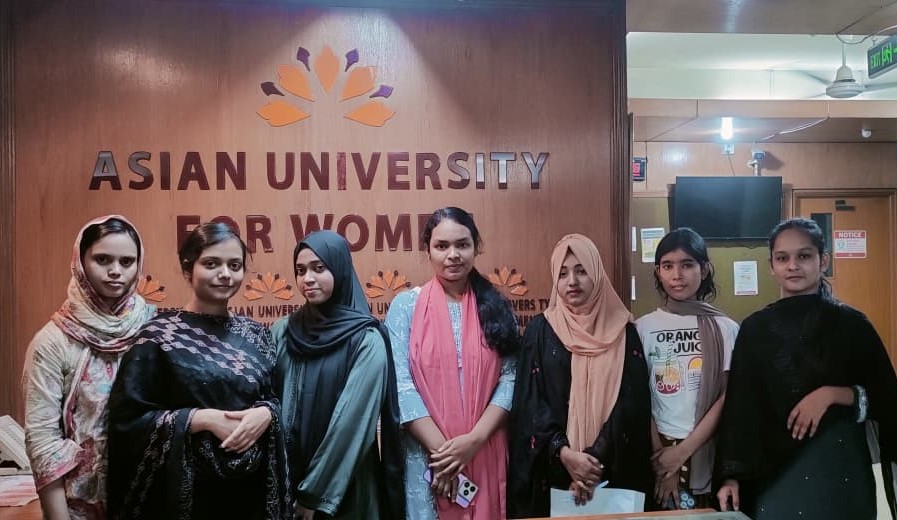As Bangladesh progresses beyond its 50 years of independence with commendable economic growth, the employability of fresh graduates is becoming an increasing concern. According to a study by the Bangladesh Institute of Development Studies (BIDS), the graduate unemployment rate in Bangladesh is well over 30%.
Employment refers to individuals being paid based on regular work after a period of time and it can vary in some aspects since total working hours or fixed working hours are different for employees.
Compared to the past, it is becoming increasingly difficult to get a quality job in a developing nation like Bangladesh. Not only has the employment sector of the nation been competitive for a very long time, but it is also now nearly impossible to get a proper job relevant to the area of education for fresh graduates. This is due to the mushrooming of many private universities resulting in more graduates in light of the available jobs with the required skills. For example, according to the Bangladesh Bureau of Statistics 66% of National University students are unemployed. Moreover, the pandemic resulted in the existing workforce losing their incomes and created a further mismatch in the job market. As such, this has led to the high unemployment level in the South Asian economy with the total number of unemployed in Bangladesh standing at 26,800,000 as per the data from the Ministry of Labor and Employment in 2019.
It is high time to implement a behavioural and lifestyle-oriented education system. The ancient curriculum needs to be updated to meet the demands of the 21st-century employment market. Changing certain professional qualifications require the modernisation of the technical and vocational education system. We can emulate the German system where technical education compliments almost 50% of the workforce.
After all, the employment market shrinks over time. The coronavirus pandemic has exacerbated this decline, making it even more difficult to enter the labour market in the coming months. Therefore, it is safe to assume that a graduate is likely to drop out of a job if they do not have the necessary skills to compete in a global landscape. Therefore, young people need to prioritise both academic education and skill development that are on par with market demands.
The Bangladesh government needs to support this with relevant policies to continue sustainable development as per the UN SDGs and ensure that high levels of GDP are trickled down to decent incomes, especially for the youth.















